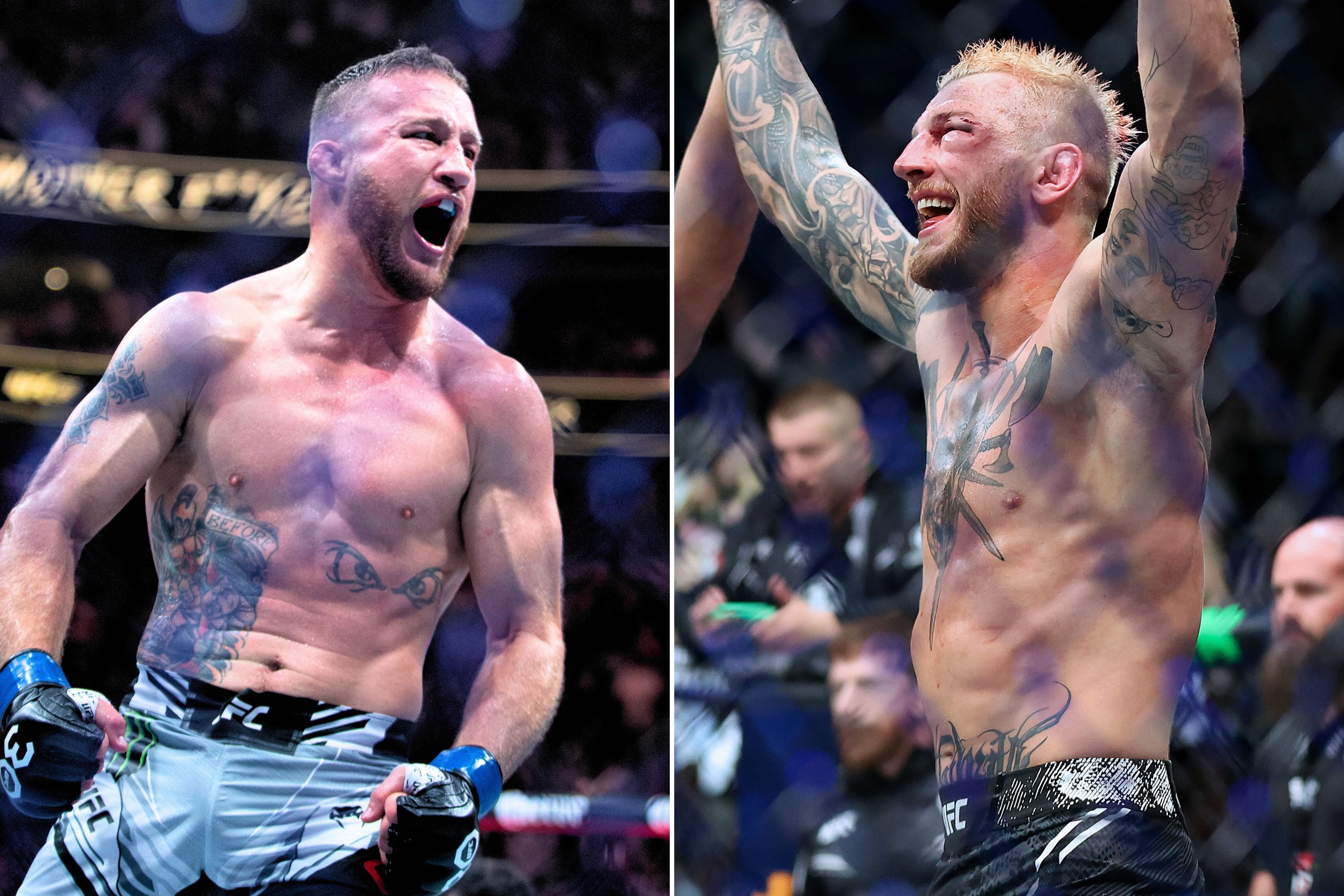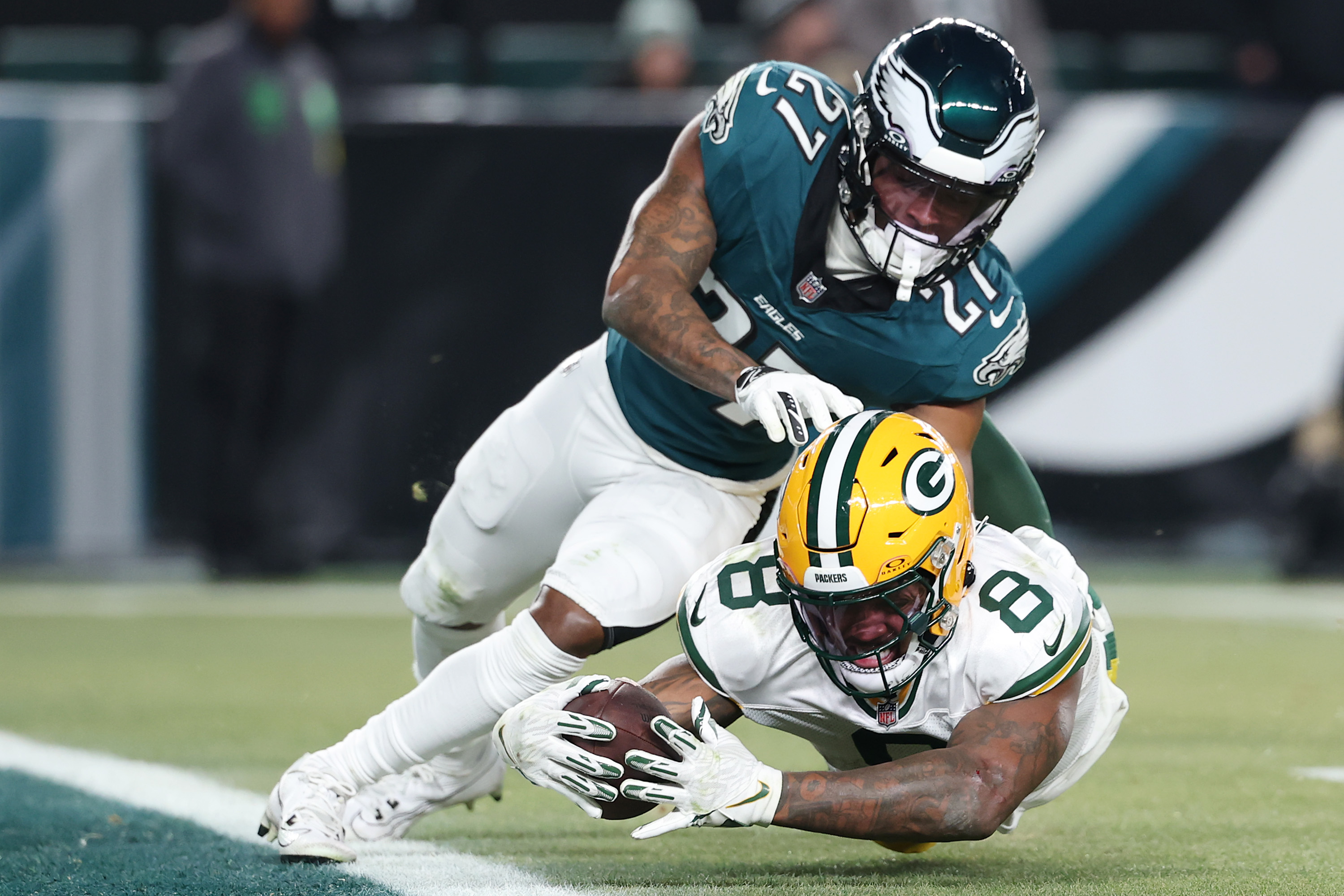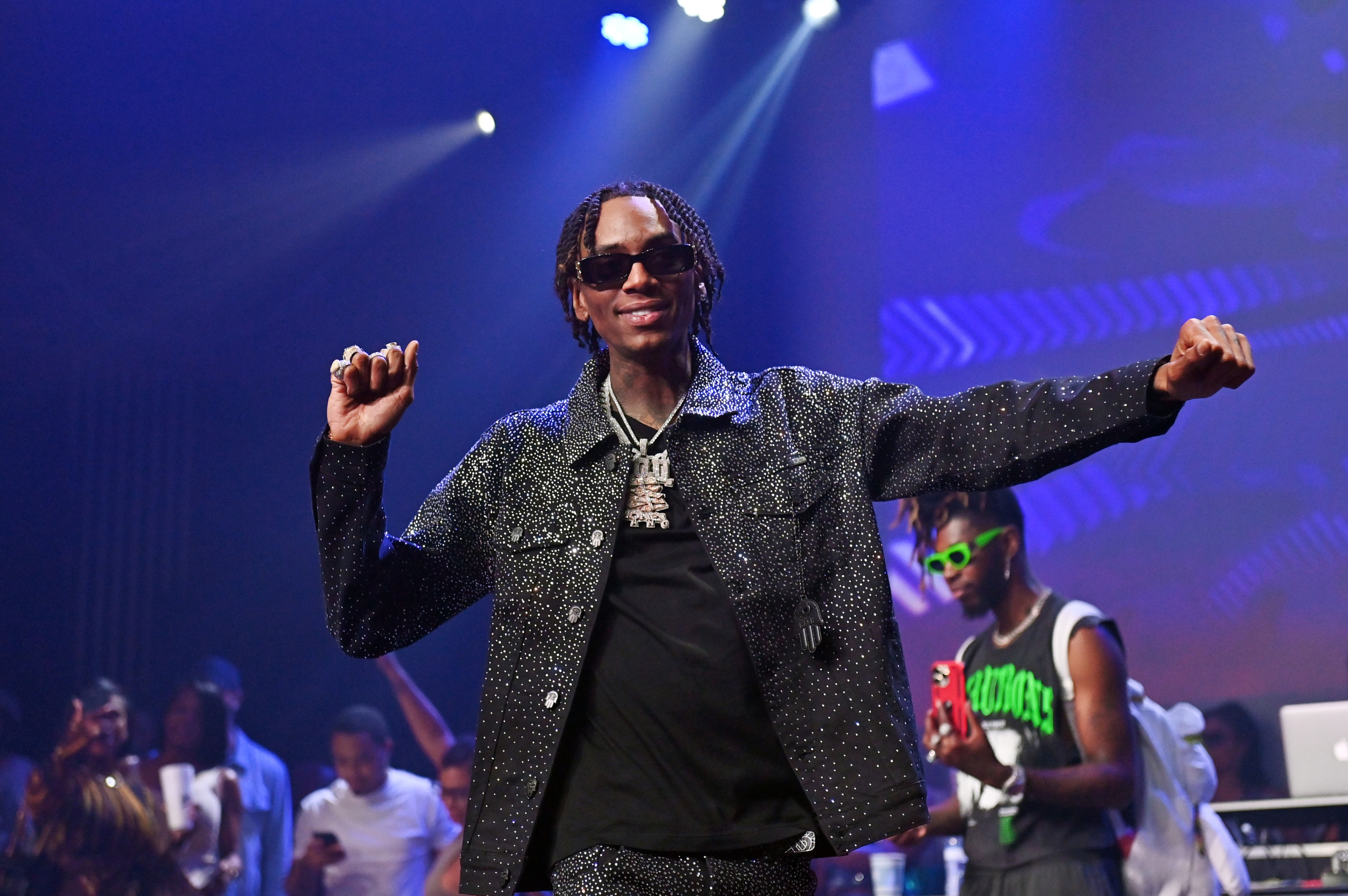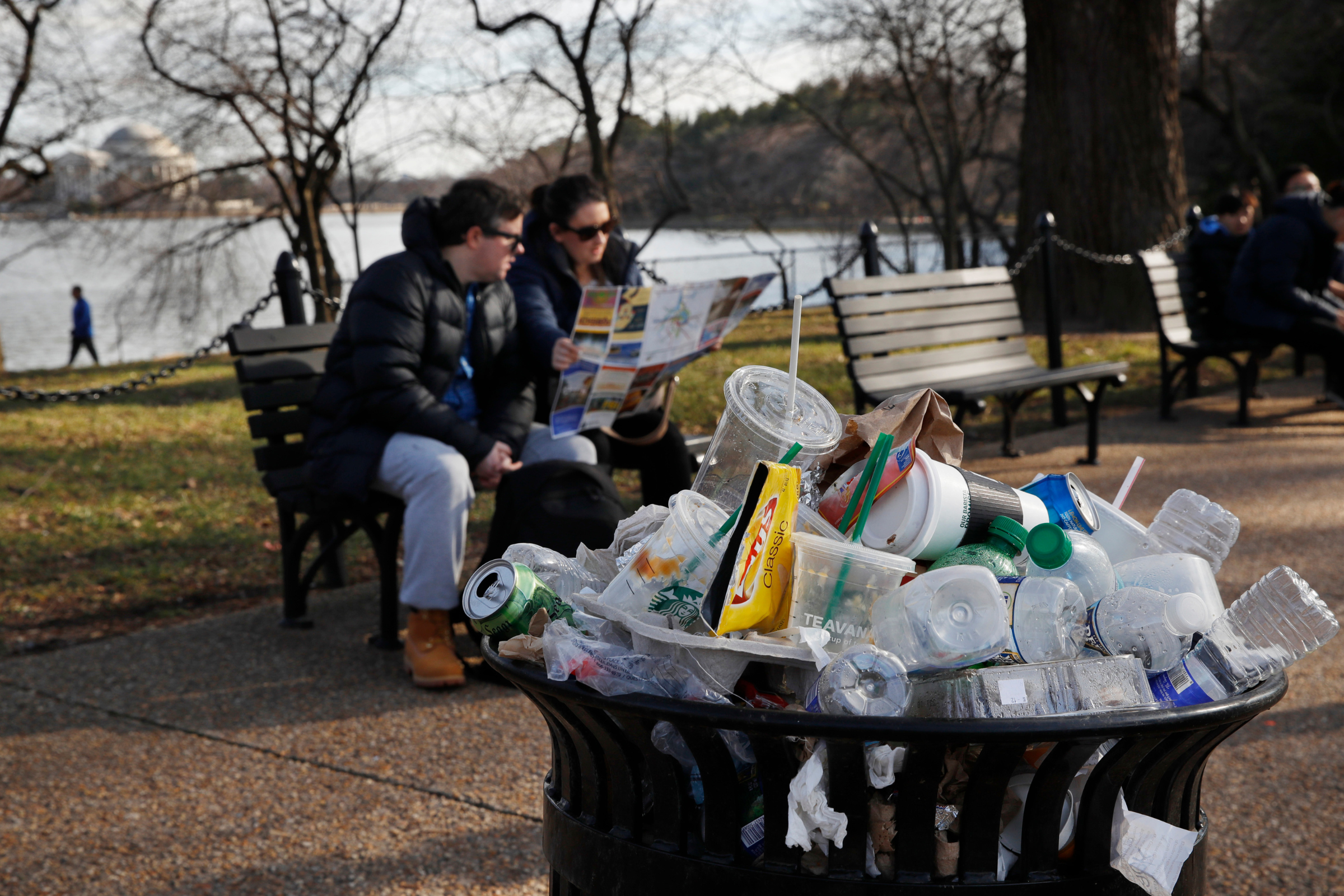President Joe Biden announced a series of last-minute pardons on Sunday, granting clemency to five individuals, including a posthumous pardon for Marcus Garvey, the late civil rights leader and founder of the Universal Negro Improvement Association.
The actions come as Biden's term nears its conclusion, as President-elect Donald Trump is set to take office on Monday, marking a final effort to address injustices and systemic inequities.
Newsweek reached out to the White House and the Marcus Garvey Institute for comment on Sunday morning.
Why It Matters
The clemency decisions are significant for their emphasis on racial justice, wrongful convictions, and addressing historical grievances. Garvey's pardon in particular resonates deeply, as he was convicted in 1923 of mail fraud in a case widely seen as racially and politically motivated. His conviction has been a point of contention among scholars, civil rights activists and public figures for decades.

What To Know
"These clemency recipients have each made significant contributions to improving their communities," Biden said in a statement released by the White House. He emphasized that the individuals pardoned had shown exemplary rehabilitation or, in Garvey's case, symbolized a broader societal reckoning
The full list of individuals granted clemency includes:
- Marcus Mosiah Garvey: Garvey's 1923 mail fraud conviction led to his imprisonment and eventual deportation. Advocates have long argued that the case was driven by political motives aimed at silencing his activism. Biden's pardon acknowledges this historical injustice.
- Ravidath "Ravi" Ragbir: Convicted in 2001, Ragbir is now a well-known advocate for immigrant and faith communities. His conviction was for a non-violent offense, but he was sentenced to two years and six months in prison. Since his release, Ragbir "has advocated for vulnerable immigrant communities and families in New York and New Jersey," according to the White House.
- Don Leonard Scott, Jr.: Scott was previously convicted of a non-violent drug offense in 1994, and was sentenced to 10 years' imprisonment, according to the White House. After his release, he has worked as an attorney and went on to be elected to the Virginia state legislature in 2019. He became the first Black speaker of the Virginia House of Delegates in 2024.
- Kemba Smith Pradia: Pradia was convicted of a non-violent drug offense in 1994 and was sentenced to 24 years in prison. She has become is a criminal justice advocate, and former President Bill Clinton commuted her sentence in 2000.
- Darryl Chambers: Convicted in 1998 of a non-violent drug offense, Chambers was sentenced to 17 years' imprisonment. Chambers founded the Center for Structural Equity and is also the executive director of the Youth Empowered to Strive and Succeed Program.
Biden previously controversially pardoned his son, Hunter Biden, last month after previously insisting he would never take such action. Hunter was set to be sentenced in two separate criminal cases: a felony gun charge and federal tax fraud. The president's son was convicted of three separate felony charges related to the 2018 purchase of a revolver in June 2024. He also admitted nine tax evasion charges in September.
Biden's decision to pardon Hunter drew widespread criticism from Republicans and many Democrats, with some suggesting the president's pardon power should be reformed.
Notably, Trump drew criticism during his first term after he pardoned a slate of political allies, and Charles Kushner, his daughter Ivanka Trump's father-in-law. The president-elect has also promised to pardon many of his supporters convicted in the January 6, 2021, U.S. Capitol riot—an idea that has drawn substantial backlash.
Biden has reportedly considered giving preemptive pardons to some of Trump's most prominent critics, who the president-elect has suggested he may attempt to prosecute or jail once he takes office. The idea has drawn criticism from Biden critics, while some supporters have also suggested it could set a bad precedent.
What People Are Saying
President Joe Biden said in a White House statement on Sunday: "America is a country built on the promise of second chances. As President, I have used my clemency power to make that promise a reality by issuing more individual pardons and commutations than any other President in U.S. history."
Jamaica's Prime Minister Andrew Holness wrote on X, formerly Twitter: "The Jamaican Government welcomes the posthumous pardon of our National Hero the Right Excellent Marcus Mosiah Garvey. We consider this as a first step in the total exoneration, absolution and expungement of a historical wrong done to one of the most significant civil rights leader and Pan Africanist."
Janai Nelson, president and director-counsel of the NAACP Legal Defense Fund, wrote on X: "Marcus Mosiah Garvey was posthumously pardoned by President Biden in 1 of the most powerful exercises of clemency in U.S. history. Garvey, father of the Pan-Africanist movement, civil & human rts leader, entrepreneur & global icon symbolizes Black liberation & self-determination."
What Happens Next
The clemency actions are seen as part of Biden's broader push for criminal justice reform, including efforts to address systemic inequities in sentencing and incarceration. Advocacy groups have called for additional reforms, including the expansion of clemency reviews to address the thousands of federal inmates serving lengthy sentences for non-violent offenses.
While the president's term may be ending, his actions have sparked renewed dialogue on the role of clemency in rectifying historical and systemic injustices.




















 English (US) ·
English (US) ·